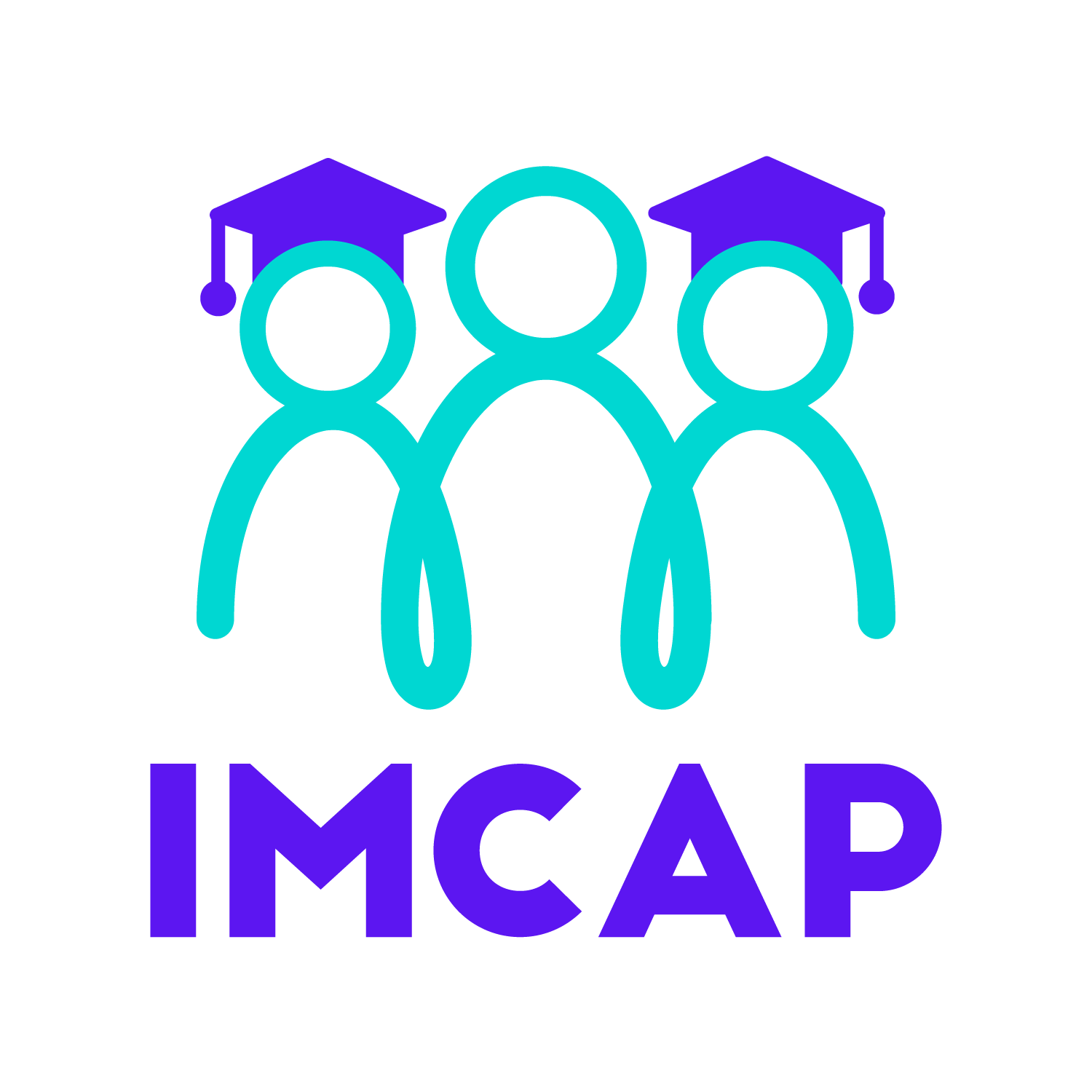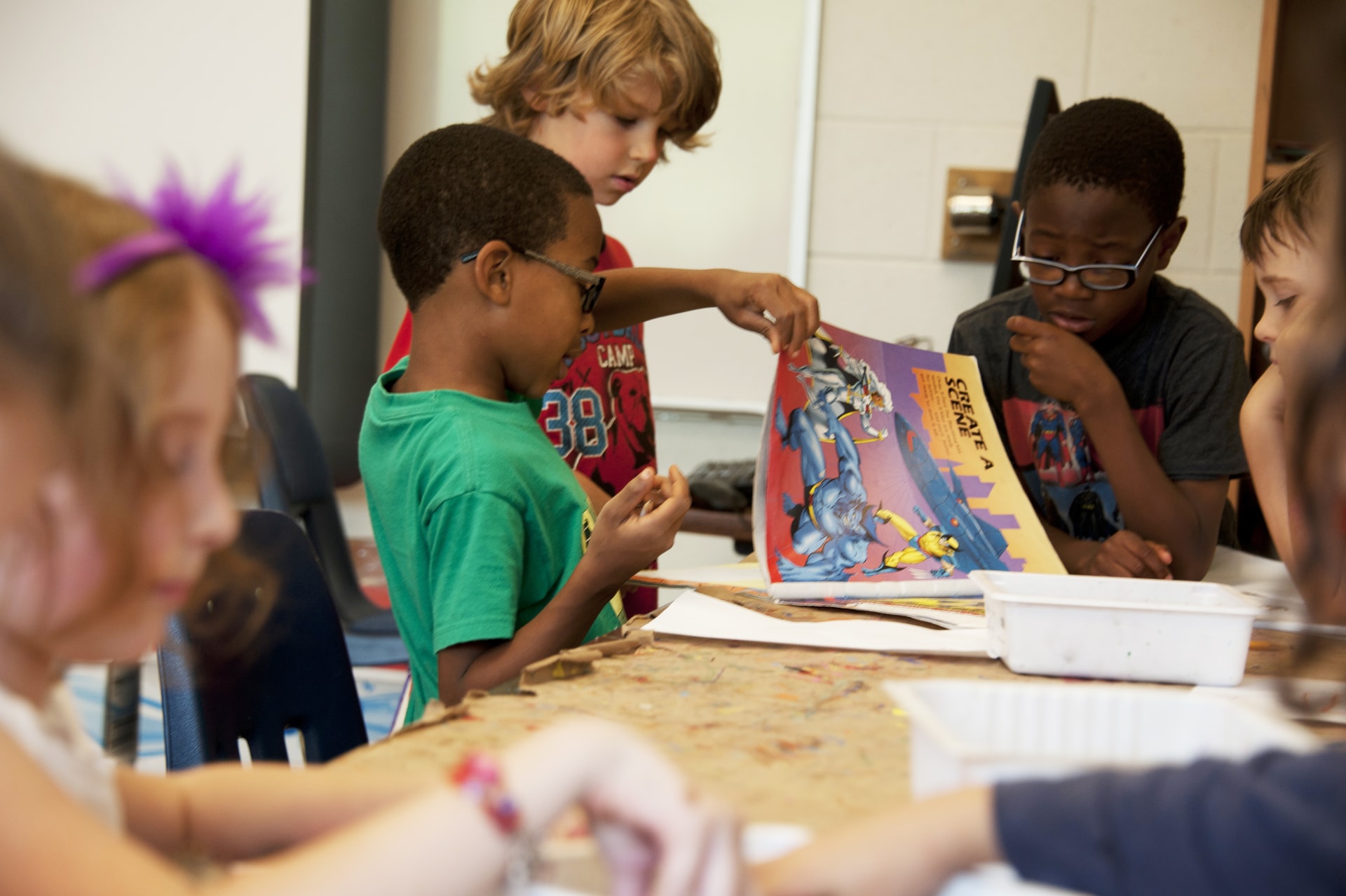Children with migration background face multiple sources of disadvantage that affect their academic performance and their general well-being. Teachers working in culturally diverse classrooms are formally trained, however, literature on how to assist students with migration background and deal with their parents is limited. The idea behind the KA2 Erasmus+ project IMCAP – Improving Migrant Children’s Academic Performance is to draw best practices from staff already engaged in such environments to allow a peer exchange of knowledge, skills, ideas, techniques and share them across EU schools. IMCAP aims to bridge the gap between parents of children with migration background and their teachers and to enhance the children’s educational opportunities and integration. The project offers a set of useful tools to narrow the educational disparities and mismatches, strengthen the teaching professionals’ profiles, and actively engage parents in their children’s educational journey.
IMCAP’s Capacity-building Booklet for Teachers presents an overview of multicultural classrooms across Europe and a collection of national best practices as well as practical activities shared by interviewed teachers, experienced in working in culturally diverse classrooms. The activities intend to positively engage parents of migrant children in their learning environment based on lessons learnt from the best practices. The booklet focuses on intercultural pedagogy for teaching staff given that, in order to focus on their students’ individual needs, teachers of culturally diverse classrooms need to be aware and well supported. Creating an inclusive environment for children and their families can optimise their academic performance. Building strong relationships with the parents, supporting them during their social integration, and engaging them in their children’s learning are key for the children’s well-being and academic success.
Being a school-aged child’s parent in a new country can be very challenging. Having to manage a different educational system, a new language, new rules, responsibilities, and rights can make immigrant parents feel disadvantaged and uncomfortable. IMCAP’s Cultural Handbook for Immigrant Parents is a guide for parents, newly arrived in the UK, Spain, Slovakia, and Cyprus. It outlines each country’s demographic profile and offers valuable information about its educational and political systems, the language, the culture, the religion, and the economy. The handbook offers a “Cultural shock” section, where each country’s unique cultural traits that might create confusion to first time visitors. It also presents an overview and the importance of the role families in children’s education and includes a list of NGOs that foster the immigrant families’ social integration in national level.
With these tools and the project’s Online Networking Community for Schools and Teachers, the project aims to promote a collaborative approach to learning and facilitate the academic success of children with migration background through the adults around them.
Both documents have been evaluated by external education experts and parents with migration background in the four partner countries. According to the evaluation results, both documents received very positive comments about the design and the quality of information. The evaluators were mostly impressed by the best practices sections and the Handbook’s Cultural shock section. They all agreed on the value of the information and a parent also suggested the Parents Handbook to be distributed to all newly-arrived parents by the embassies.


